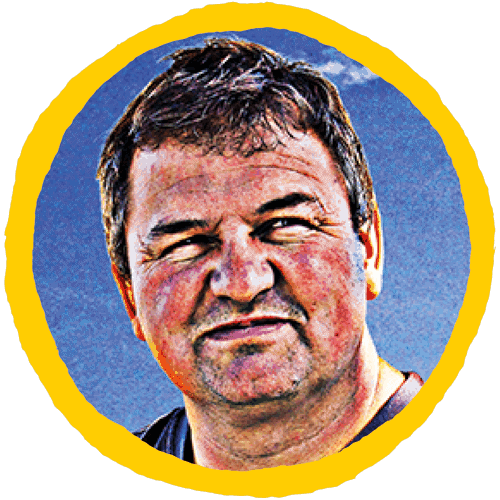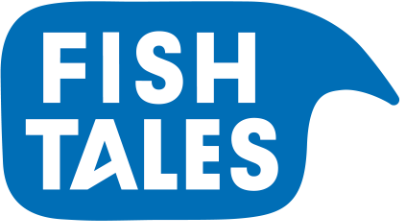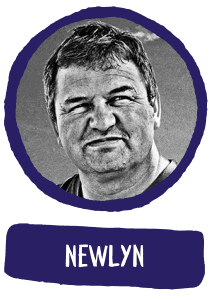The most beautiful sardines from the English waters
Facts & figures
Newlyn
In Newlyn, a picturesque village off the coast of Cornwall, fourteen small boats with ring nets ship out at dusk. They set out when the sun sets and search for the most beautiful, fatty sardines in English waters.
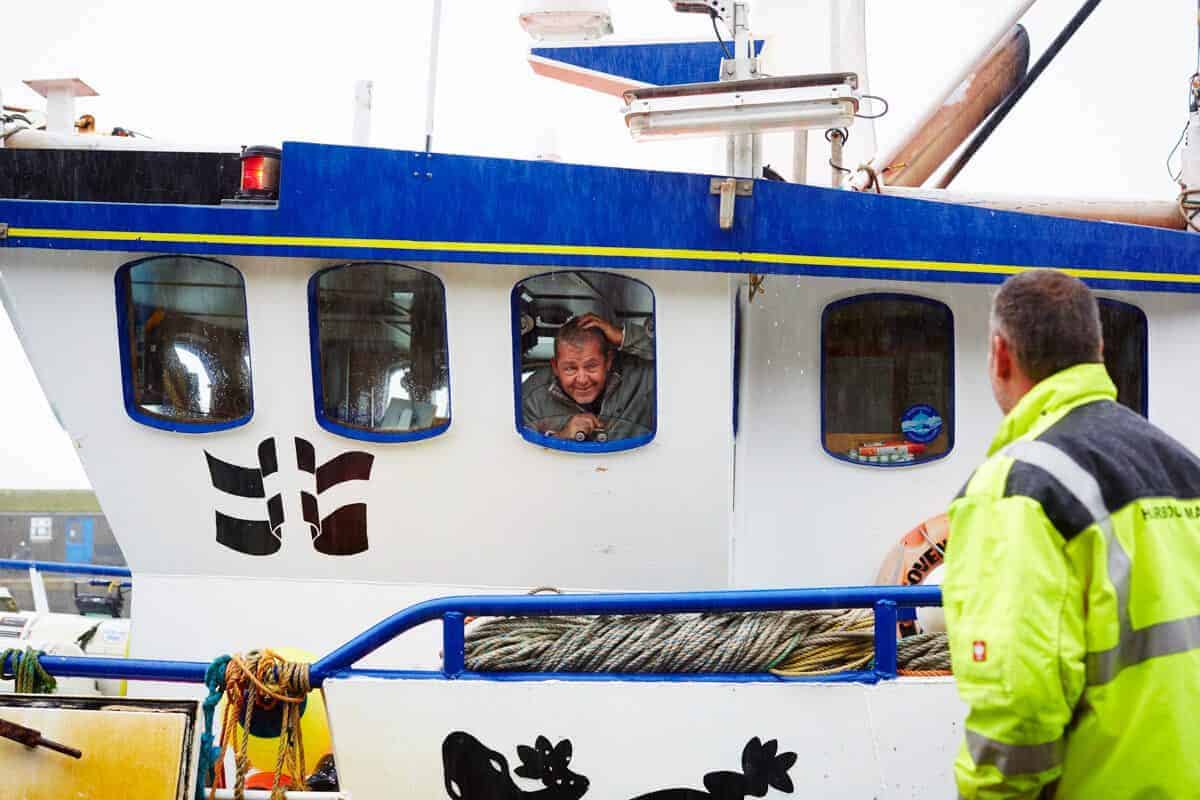
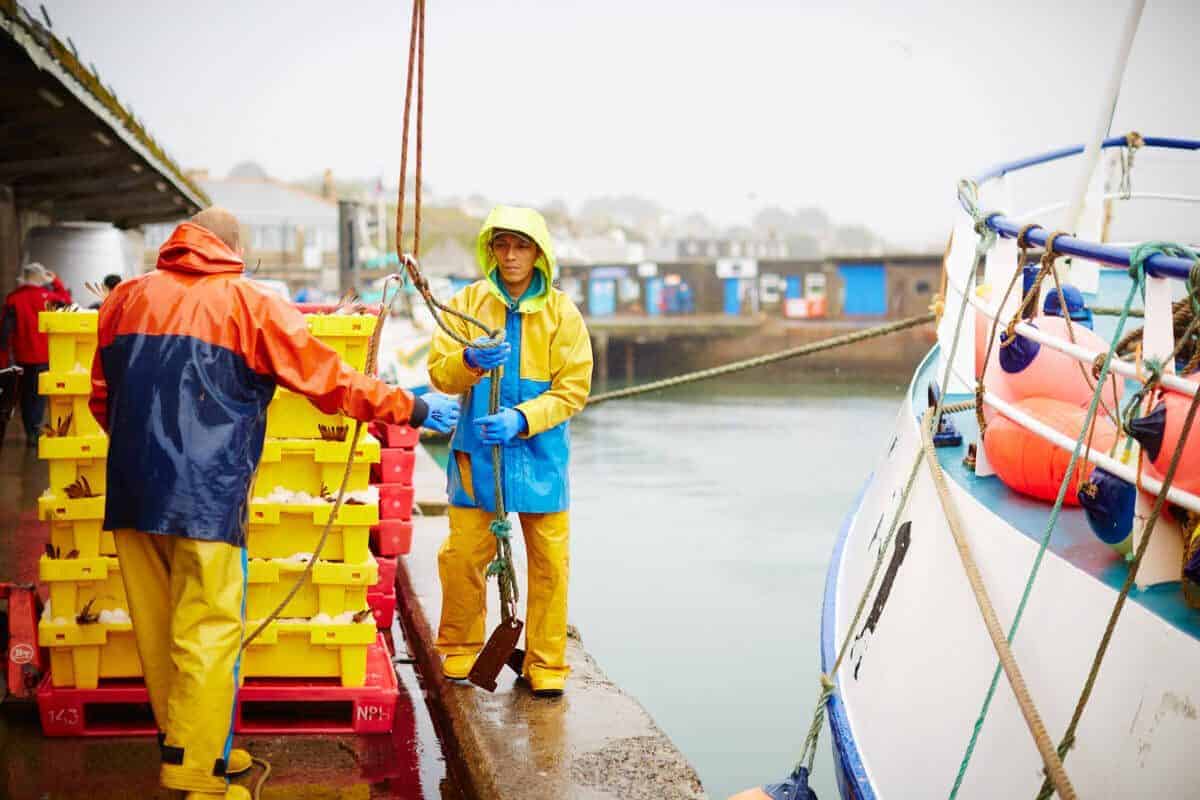
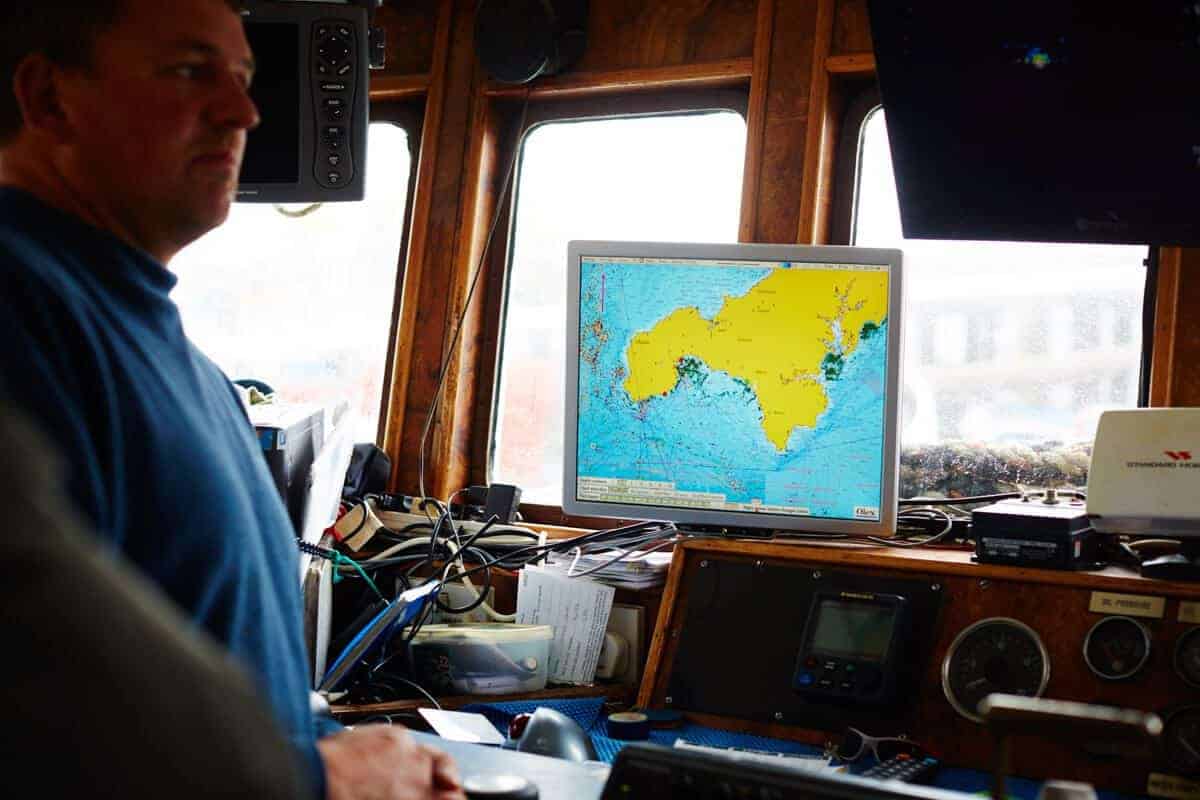
Fishing method
The fishermen lure the sardines from so-called purse-seine-boats with a lamp to the water’s surface and then put a net around the school. When they pull the net down, it forms a basket around the school.
It’s all about fish
The English version of Saint-Tropez is Newlyn, its harbour is about 1,722,000 sqft making it home port to one of the biggest fishing fleets in the country. Here it’s all about fish: on the lively and buzzing fish markets the catch is being traded and every year in August the Newlyn Fish Festival takes place.

Sardines
The name sardine derives from the Italian island of Sardinia where they used to live in large populations. Cornish sardines can be found closer to home and have - because they’re fatter - more flavour than their Mediterranean family. Added bonus is that the sardines with bone contain loads of calcium. The tin makes the bones soft, making them easy to eat.
Sardines in olive oil
Sardines in water
Sardines in olive oil with lemon
Sardines skinless and boneless in olive oil
Sardines skinless and boneless in spicy tomato
‘We know our limits’
The family of sardine fisherman David Pascoe have been fishing for generation for Cornish pilchard sardines. He fishes on request mostly: ‘We have a very strict no-waste-policy. No demand? Then we don’t ship out. When we do have requests, we make sure that we don’t over-fish the data. We hope by doing it this way, the generations after us can also do this type of work.’
